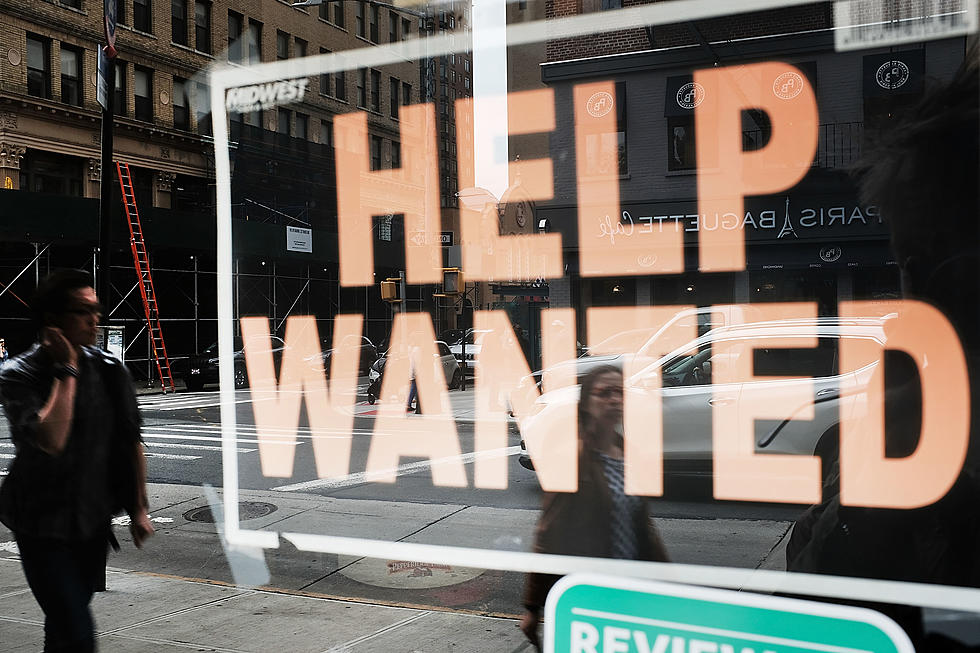
1 in 3 workers will quit without a raise in 2015
Many employees are looking for a pay raise this year. A new survey by Glassdoor.com found that 35 percent of 900 people surveyed plan to look for a new job if they do not get a salary bump in 2015.
This is a good sign, according to Carl Van Horn, professor of Public Policy and director of the Heldrich Center for Workforce Development at Rutgers University.
"It suggests that workers are beginning to sense that there are more opportunities. We've had almost five years straight of consecutive job growth after the Great Recession, we've now created more jobs in the United States than we lost during the recession and although unemployment is still high among some groups, it's declined dramatically from its height of 10 percent down to 5.6 percent," Van Horn said. "So, this shows there is some growing optimism and restlessness on the part of workers which we associate with a strong economy and a better labor market."
The survey found those most likely to look for a new job are employees younger than 35 and those making less than $50,000 per year.
"Younger workers tend to make less on average than older workers. Many of those in their 20s entered the labor market during the recession period and it was often disappointing because they weren't able to get as good a job as they might have gotten before, or they may have gotten a part-time job when they wanted a full-time job, so it's understandable that they'd want to seek better opportunities," Van Horn said.
According to the New Jersey Business and Industry Association's 2015 Business Outlook Survey, 56 percent of companies gave pay raises to their employees in 2014> That number represents a steady increase from 2009, when only 31 percent gave pay raises. As for 2015, 61 percent said they plan to give raises, which is 5 percentage points higher than those who actually gave raises in 2014, and slightly more than the 57 percent who indicated in last year's survey that they planned to give raises in 2014.
The survey shows that of those who plan to give pay increases:
- 33 percent said they plan to keep hikes in the 1 to 3 percent range;
- 20 percent plan to give raises in the 3 to 5 percent range; and
- 7 percent plan to give raises of 5 percent or more.
The labor market is all about supply and demand.
"If there are more workers than there are job opportunities then the employer is in a better position to keep wages low, but as the need to hire more employees increases and the supply of workers declines, then they have to start paying more money to get the workers they really want," Van Horn said. "That is why as the economy improves, wages will go up."
More From New Jersey 101.5 FM









